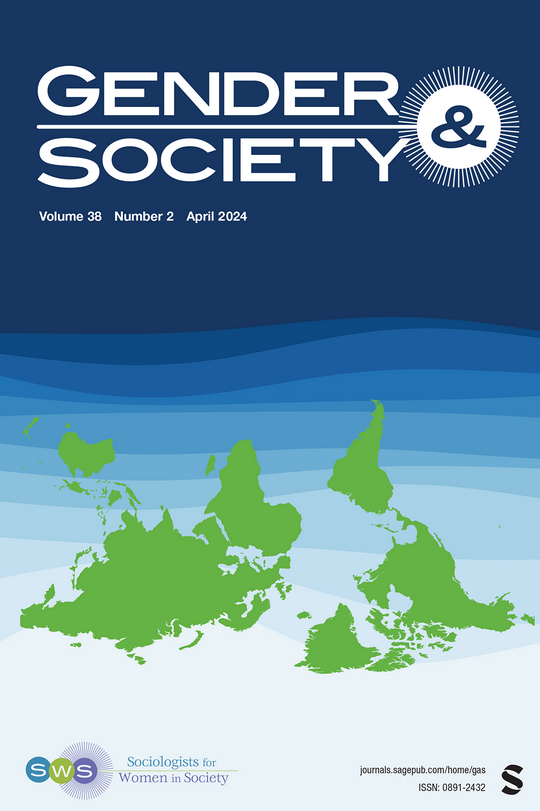育儿假政策、使用后果和规范信念的变化:来自调查实验的证据
IF 7.2
1区 社会学
Q1 SOCIOLOGY
引用次数: 0
摘要
在这项研究中,我们通过调查育儿假政策相关信息如何改变德国育儿假性别划分的规范信念,对家庭政策的规范制定效应进行了概念化,并提供了新的经验证据。我们在2019年和2020年对具有代表性的德国GESIS小组的两波进行了调查实验。受访者接受了三个简短的循证信息引物中的一个,这些引物涉及(1)母亲就业中断的长期收入风险,(2)父亲工资惩罚不显著,或(3)德国育儿假使用率增加,或者被分配到对照组,在对虚构夫妇的育儿假划分进行评级之前,没有收到进一步的信息。我们将具有滞后因变量的普通最小二乘回归模型应用于嵌套在1548名受访者中的5362个小插曲评估样本。值得注意的是,我们发现,所有三种启动条件的影响都有很大差异,这取决于受访者是否被要求判断女性收入高于或低于伴侣的夫妇的情况。我们的研究结果大多表明,与育儿假使用趋势相比,利用收入风险信息启动的效果更强,并且无子女受访者的规范信念发生了更明显的变化。本文章由计算机程序翻译,如有差异,请以英文原文为准。
Parental Leave Policies, Usage Consequences, and Changing Normative Beliefs: Evidence From a Survey Experiment
In this study, we conceptualize and provide novel empirical evidence on norm-setting effects of family policies by investigating how priming with parental leave policy–related information may alter normative beliefs regarding the gender division of parental leave in Germany. We implemented a survey experiment in two waves of the representative German GESIS Panel in 2019 and 2020. Respondents received one of three short evidence-based information primers about (1) long-term income risks of maternal employment interruptions, (2) nonsignificant paternal wage penalties, or (3) increasing rates of paternal leave usage in Germany, or were allocated to the control group that received no further information before rating the division of parental leave in fictitious couples. We apply ordinary least squares regression models with lagged dependent variables to a sample of 5,362 vignette evaluations nested in 1,548 respondents. Remarkably, we find that the effects of all three priming conditions vary significantly depending on whether respondents are asked to judge situations for couples where women earn more or less than their partners. Our findings mostly point to stronger effects of priming with information on income risks compared with paternal leave usage trends and to more pronounced changes in normative beliefs among childless respondents.
求助全文
通过发布文献求助,成功后即可免费获取论文全文。
去求助
来源期刊

Gender & Society
Multiple-
CiteScore
9.70
自引率
3.60%
发文量
78
期刊介绍:
Gender & Society promotes feminist scholarship and the social scientific study of gender. Gender & Society publishes theoretically engaged and methodologically rigorous articles that make original contributions to gender theory. The journal takes a multidisciplinary, intersectional, and global approach to gender analyses.
 求助内容:
求助内容: 应助结果提醒方式:
应助结果提醒方式:


